British Government Reportedly Believes “Radicalization Into The Far-Right” Can Occur From Reading Tolkien, C.S. Lewis, Aldous Huxley, And George Orwell

A new report from author Douglas Murray details that the British government reportedly believes radicalization into the far-right can occur from reading a number of authors including Tolkien, C.S. Lewis, Aldous Huxley, and George Orwell.
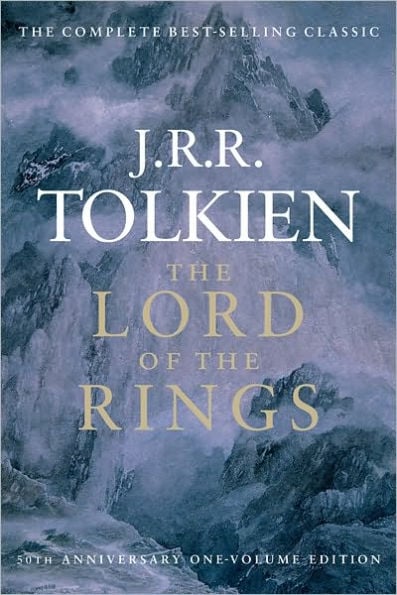
Writing in The Spectator, author Douglas Murray revealed he viewed a number of documents from the United Kingdom’s Research, Information and Communications Unit (RICU) that show the agency is now attempting to address “right wing extremism.”
One of the documents he viewed contained a “reading list of historical texts which produce red flags to RICU.” According to Murray this list included Thomas Hobbes’ Leviathan, John Locke’s Two Treatises of Government and Edmund Burke’s Reflection on the Revolution in France. He also noted it contained select works by Thomas Carlyle and Adam Smith.
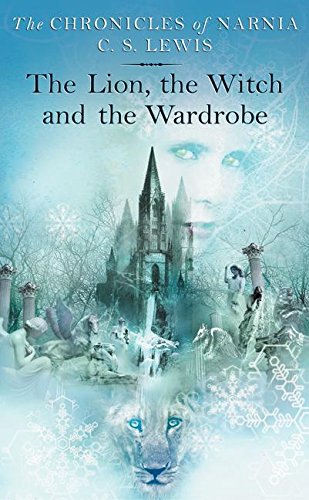
RELATED: ‘The Lord Of The Rings: The Rings Of Power’ Actors Continue To Attack Tolkien Fans As Racists
Murray goes on to claim, “Elsewhere RICU warns that radicalisation could occur from books by authors including C.S. Lewis, J.R.R. Tolkien, Aldous Huxley and Joseph Conrad.”
In fact, Murray details that George Orwell’s 1984 is also on this list of books that produces red flags to RICU.
He also notes that books weren’t the only things that RICU saw as red flags. The agency also reportedly flagged British TV shows Civilisation, The Thick of It, and Great British Railway Journeys.
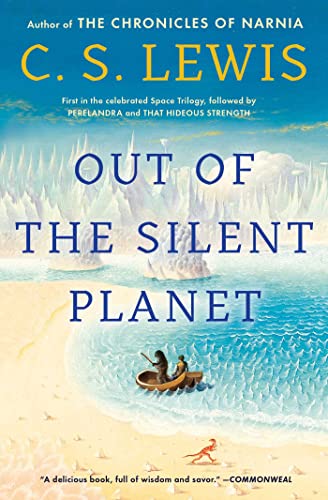
An independent review of Prevent, a program that encompasses RICU, seemingly found that the strategy was capturing “mainstream politicians, commentators, or publications” in its web for identifying ideological extremism.
In the British government’s response to this review, a foreword by Home Secretary Suella Braverman reveaks, “[Prevent] has defined the extreme right-wing too broadly, so that it sometimes draws in right-wing and centre-right politicians and commentators.”
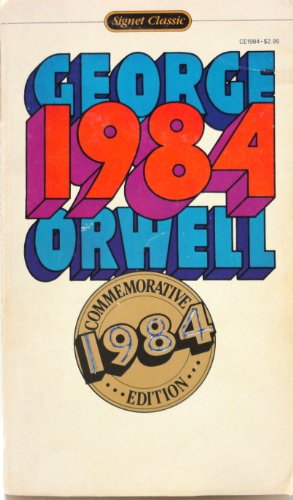
A recommendation from the review also states, “Reset thresholds to ensure proportionality across Prevent workstreams. Prevent must work to one bar across the ideological threats. This should apply to all teams and products including national, regional and local delivery, referrals and the Channel process, RICU and Homeland Security Analysis and Insight products, training and Prevent-funded counter-narrative work via civil society organisations, and other funded projects.”
It continued, “The bar should not be set so high as to only include concerns related to the most established terrorist organisations, nor so low as to capture mainstream politicians, commentators or publications. Prevent duty guidance should be amended to clarify this new standard.”
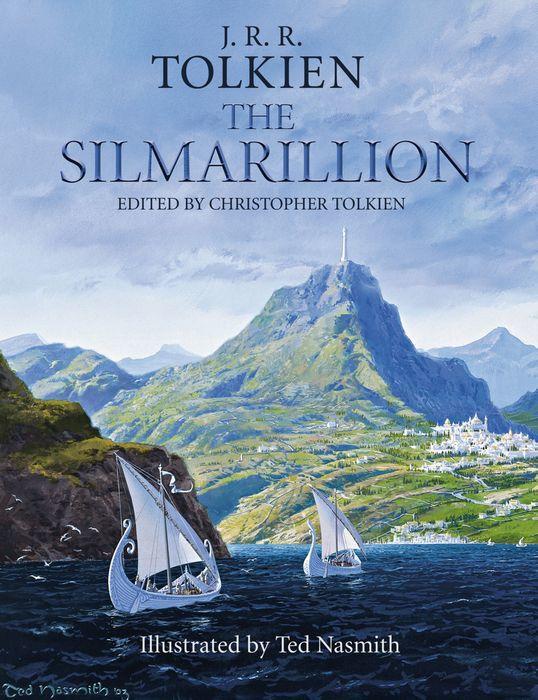
The British government responded to this recommendation and appeared to admit the strategy had lost its focus on ideological extremism, “We accept this recommendation and agree it is important to have one, consistent and proportionate threshold across all extremist ideologies and workstreams. We will review our threshold at each stage of Prevent delivery, including identification, assessment, prioritisation and decision-making, and apply this at the national, regional and local level.”
“We will ensure designated Prevent leads across our statutory sectors have the training and support they need to provide effective advice on the threshold for referrals. Through our work to develop the new Prevent Assessment framework, we will better define the criteria used to determine whether a case should be considered for Channel intervention. This will ensure thresholds are proportionate and consistent across ideologies,” the government continued.
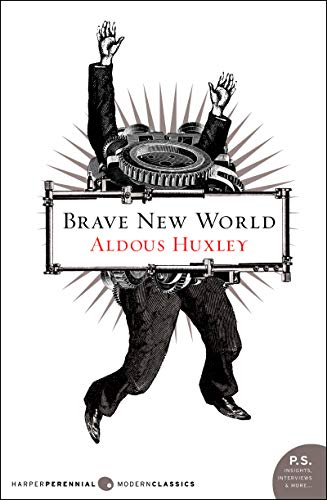
The government also stated, “We will also set out rigorous criteria to ensure that the proportion of funding allocated to civil society organisations to tackle specific ideologies is fully reflective of the threat we face. This will help ensure a consistent approach to ideological thresholds at each stage of Prevent delivery.”
“We agree with the reviewer that the research and training products which inform Prevent and its staff must adhere to one threshold across ideological threats, and that not doing so risks confusing practitioners and creating a false equivalence about the nature and scale of different threats,” it goes on.
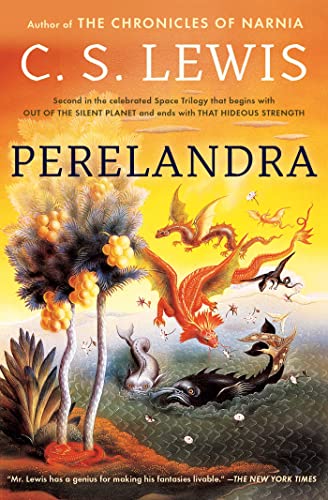
Specifically discussing “Extreme Right-Wing” ideology, the government stated, “We acknowledge the review’s finding that this has not always been the case – that the bar for what the Research, Information and Communications Unit (RICU) has included on the Extreme Right-Wing is comparably lower than that for Islamism and that RICU products on right-wing terrorism and extremism have sometimes included centre-right commentators and debate.”
“We will ensure that RICU products and the wider information we use to inform our approach are refocused and proportionate across all ideologies. They will be guided by the principles of the new security threat check and must clearly show how the material they cover is relevant to meeting Prevent’s objectives,” the government concluded.
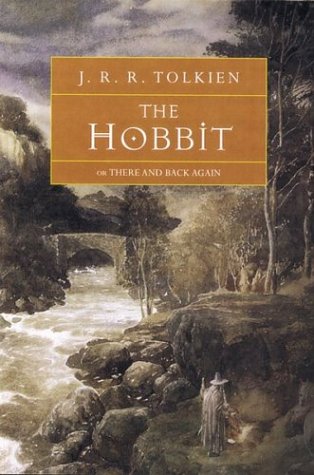
What do you make of this new report that the British government believes reading Tolkien, C.S. Lewis, Aldous Huxley, and George Orwell’s 1984 among others produces red flags?
More About:Books






